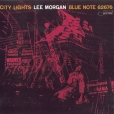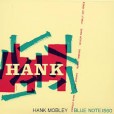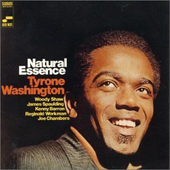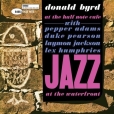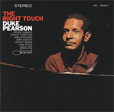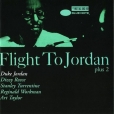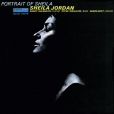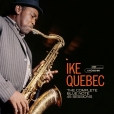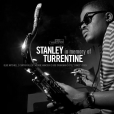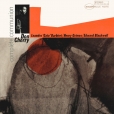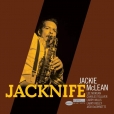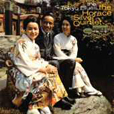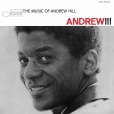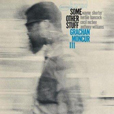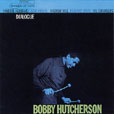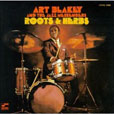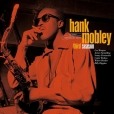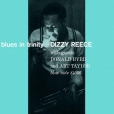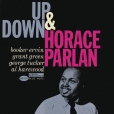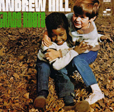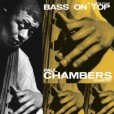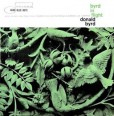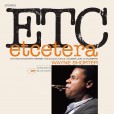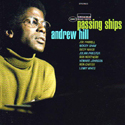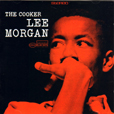Your basket is empty

TW’s first Blue Note session was The Jody Grind. His debut as leader, at 23, Natural Essence is a winning mid-sixties set of his own compositions. Post-Trane dancers, jams; some lovely tunes. Woody Shaw, too.
DC’s first album as leader, after leaving the Ornette Coleman Quartet. Two side-long suites, recorded in single takes on Christmas Eve, 1965. Bristling with creativity, rammed with great tunes and brilliant solo spots. Cherry plays cornet, alongside Gato Barbieri, Henry Grimes and Ed Blackwell. In the same year as his own debut as leader — The Call for ESP — Grimes is terrific.
From 1963, following stints for Jackie McLean on One Step Beyond and Destination… Out!, this is maybe the great trombonist’s best record, with Wayne Shorter, Herbie Hancock, and Tony Williams — all involved with Miles around this time — and Cecil McBee. Four Moncur originals: bold, free, forward-looking music; but expansive and assured, never forced. ‘Some other stuff’; not full of itself, but a bit different. Try The Twins — dedicated to his two brothers — for a better sense of his musical good humour.
Top-notch Messengers, from the same enraged 1961 recording sessions as Freedom Rider.
Six compositions by Wayne Shorter, kicking off with the fierce jazz-dancer Ping Pong.
Bobby Timmons alternates with Walter Davis Jr.
Booker Ervin! Mira!
Dazzling music from 1969, way ahead of its time, by a nonet with Woody Shaw and Dizzy Reece on trumpets, Joe Farrell on reeds, woodwinds, and English horn, Bob Northern on French horn, Howard Johnson on tuba and bass clarinet, Ron Carter on bass. Fresh from Bitches Brew, Lenny White plays drums at just his second recording session; trombonist Julian Priester is a few months away from Mwandishi.
Sideways establishes Hill’s signature twist on Monk and Bud Powell, with its angular, sinewy restlessness, and Caribbean tang. The horns are crossly careering. The evocative title cut has classical, cinematic manners, but in the service of East of the River Nile mysticism. Plantation Bag is magnificent, delirious, epic funk, with Lenny White channelling Clyde Stubblefied, and Ron Carter dug in deep. Noon Tide tears way further eastwards, in the same urgent cohort as classics like Yusef Lateef’s Chang, Chang, Chang and Pete La Roca’s Dancing Girls. Cascade is precisely skittering and eruptive, with wonderful trumpet-playing. Yesterday’s Tomorrow is playful, both jaunty and rueful, undecided, to close.
The arrangements throughout are imperious; the playing is uniformly superb. “We had rehearsal time and a lot of studio time. Some of those songs, we did take 45 or take 50. We played them over and over and over, till we got a complete take just right.’‘
Knockout.
Aged just 19, with Pepper Adams, Bobby Timmons, Paul Chambers and Philly Joe Jones. Though so early, this is a crucial set, kicking off with a scorching, fresh A Night in Tunisia.
Timmons plays a blinder.

